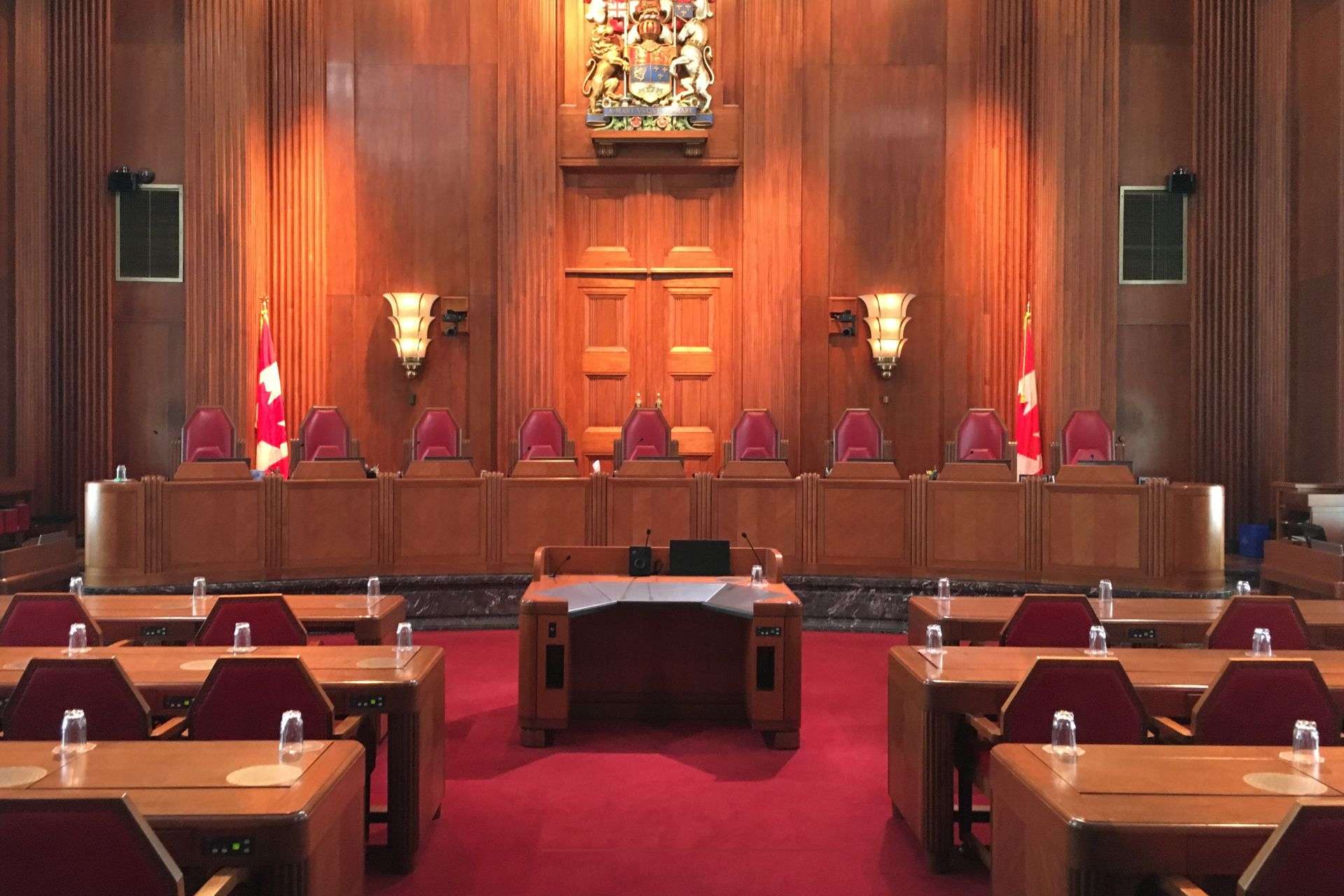The U.S. Supreme Court ruled in favor the the federal government, approving the approach of sending multiple notices to migrants about their deportation hearings. This means that if the details about the date, time, and place of the hearing are not all included in the first notice, they can be sent in a second notice. The court decided in a close 5-4 vote that as long as migrants receive either the initial notice or a follow-up with the necessary details, they are properly informed. If the migrant does not show up to court after receiving these notices, the judge can order their deportation.
To cancel a deportation order, the migrant must prove they did not get either the initial notice or the follow-up notice with the updated hearing information. The key issue in this case was the word “or” in the law, which the court clarified in their decision.
The ruling settles a disagreement between two lower courts and marks the third time the Supreme Court has reviewed the rules around these notices in six years. The dissenting justices believe this decision goes against previous court rulings and does not fully respect Congress’s intent for careful handling of in absentia (in the person’s absence) deportations.
We keep up with changes in U.S. immigration policy and are available to help with any immigration-related questions. We work with our clients throughout their immigration journey, every step of the way.

